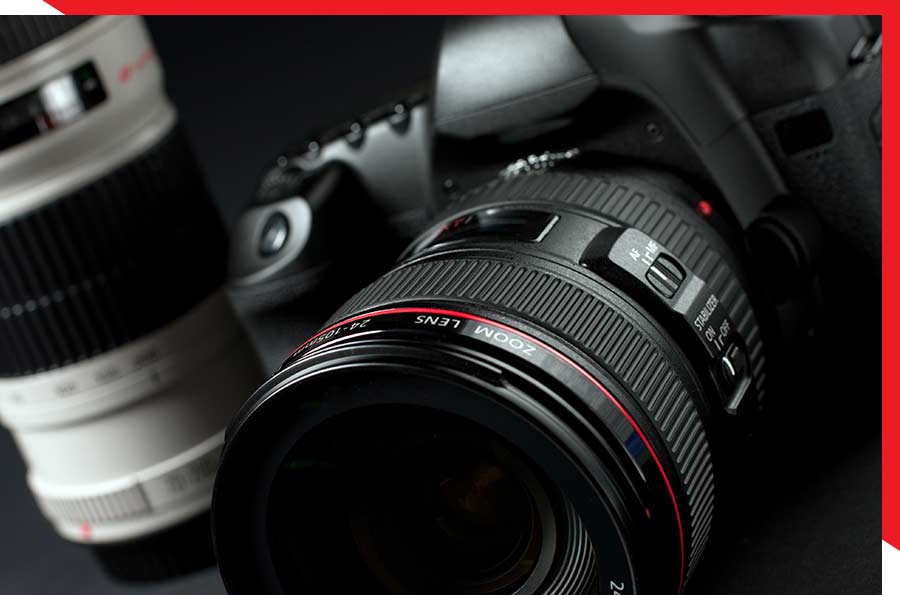Avoiding Copyright Infringement within Your Own Creative Work
The original work of a photographer is granted copyright protection under U.S. Copyright law. The Copyright Act of 1976 protects photographers’ images from being stolen or used without permission. According to law, photographers own the copyright to their work and can therefore choose whether or not to distribute it. Others must have your explicit permission (a license) and compensation (if you charge for that license) in order to use your work in ways permitted by that license.
As photographers, people often take pictures of public art, buildings, and sculptures. But did you know that taking a picture of someone else’s artwork can violate their copyright? If you sell or publish a photo of someone else’s artwork without their permission, you could be liable for damages.
What can you do to avoid infringing on another artist’s copyright?

Be Aware of Other's Rights When Creating Your Work
Copyright law protects photographers from having their work copied without permission, and it also gives photographers the ability to control how their work is used. While this protects you, it also protects the creators of other work.
Do some research to see if the work is protected by copyright. When a photographer takes a picture of someone else’s artwork, that other artwork is still protected by copyright. If the photographer wants to sell the photo or use it commercially, they need to get permission from the artist first. Otherwise, they could be violating the artist’s copyright and facing legal consequences.
If You Take Pictures of Copyrighted Images, the Owner of the Image May Have a Claim Against You
A photographer takes a captivating photograph of the inside of a museum, but visible in the photo are four works of art, three paintings and a sculpture, which all may be protected by copyright. The copyright holder may have a claim against you for violating their copyright in their work.
In this scenario, the artist might have a strong case that you violated his copyright since you are selling or distributing your work that contains her copyrighted work.
It’s also possible that the work was created under the fair use doctrine because you, the photographer, made fair use of their work.
Who will prevail? Where does the concept of “fair use” come into play?
What is Fair Use?
- What is the intent of the usage? Is it for commercial or non-profit educational purposes?
- The basic nature of the copyrighted work.
- The impact of the use on the potential market for or worth of the original copyrighted work.
- The portion's usage in relation to the whole copyrighted work.
- Did the photographer use only as much of the copyrighted work as necessary for his or her purposes?
- Is the new work largely transformative of the original, or is it merely a copy?
- Is the original work the main focus of the new work?
- Does the new work harm the market for the original copyrighted material?
- Does the use affect the potential market for or value of the copyrighted work?
- Is the new work being used for commercial purposes?
- Is it being used for discussion, analysis and commentary, or is it being used merely to duplicate and resell the work of the original artist?
Copyright Infringement Lawsuits Involving Third Parties Can Be Difficult to Defend
Third-party copyright cases are usually complex and often require lawsuits to be solved. The facts of every case differ, and these types of cases frequently depend on a judge’s interpretation and application of fair use rules. There are no clear-line tests; the judge’s interpretation is everything. An experienced copyright lawyer defending you can make a tremendous difference in the outcome of your copyright infringement case.
Sanders Law Group is here to help photographers who are being accused of copyright infringement from anywhere in the world. We will defend you if you are a photographer or creative artist – no matter the stage in your career. We are here to assist you in any way if you believe someone is infringing on your intellectual property rights, and to advise you on how to avoid violating the copyright of others.
Contact Sanders Law Group Today
If you have questions regarding your copyright and what compensation you are legally allowed, contact Sanders Law Group. Our lawyers can help protect and enforce your copyright.
The Importance of Copyright Registration with the Copyright Office
- Did someone use your work without permission?
- Did someone violate your license agreement?
- Do you think your work may infringe on a copyright?
If you answered yes to any of these questions, contact us now at 888-348-3090 for a free consultation on your copyright claim.


